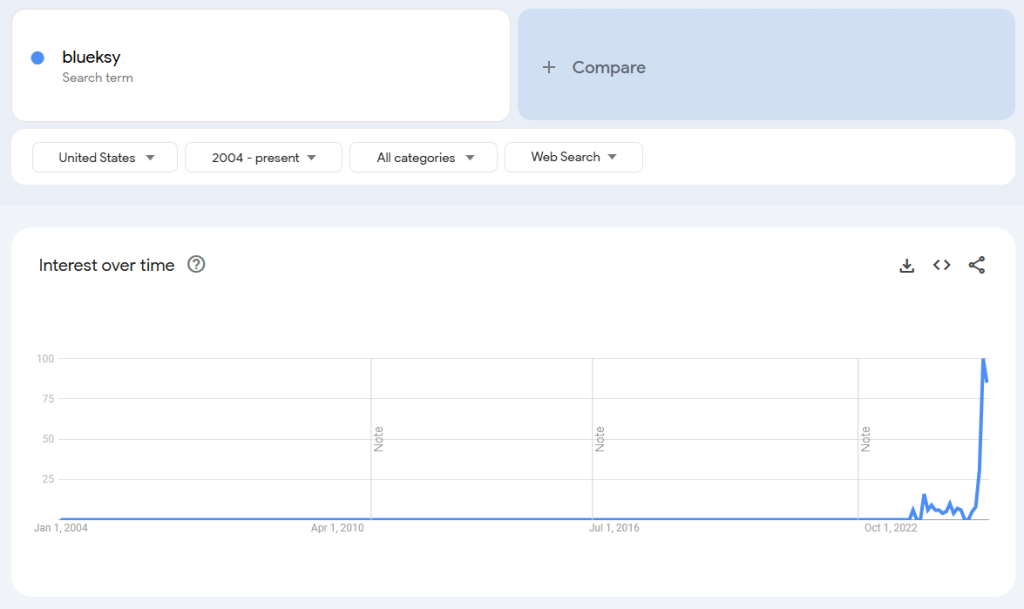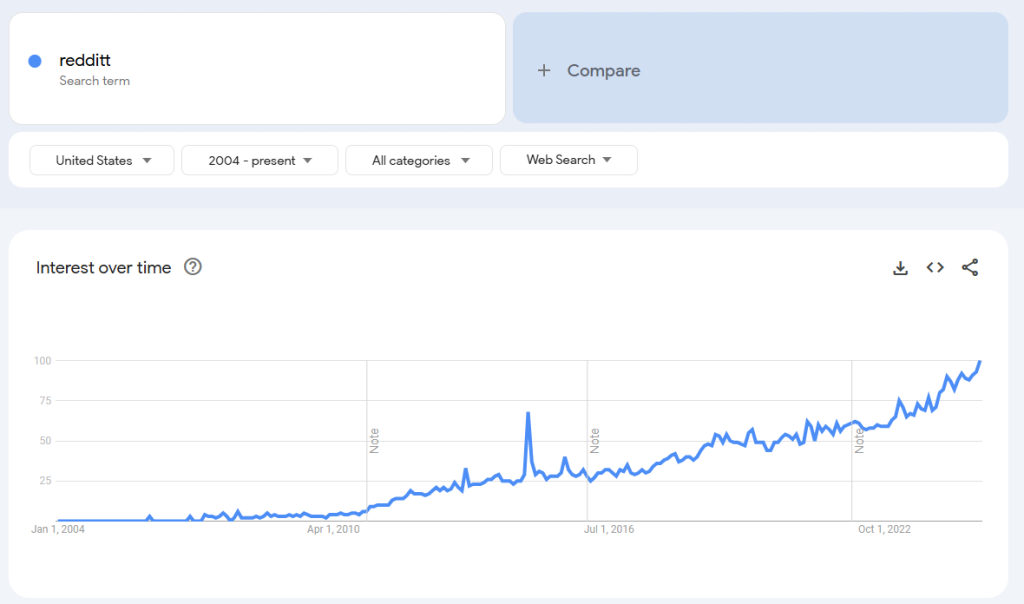The United States seems to be growing more divided, and this division is now spreading to social media platforms. What once was a space for people of varying political beliefs to interact is now separating along ideological lines, much like statehouses and media outlets.

Bluesky, a newer social media platform founded by Twitter’s former CEO Jack Dorsey, has become a haven for Democrats and left-leaning individuals. Representative Alexandria Ocasio-Cortez (D-N.Y.) recently became the first user to surpass one million followers on Bluesky, highlighting the platform’s growing appeal. Democrats are leaving Elon Musk-owned X (formerly Twitter) in large numbers, with many citing a decline in the platform’s enjoyment and sense of community.

Ocasio-Cortez noted this shift in a Bluesky post, saying, “People are leaving because it’s not fun anymore and no one is obligated to be on a platform they don’t enjoy.” Her words reflect the sentiments of many disenchanted X users who feel the platform no longer serves their needs.

Bluesky CEO Jay Graber mentioned that the platform has seen about one million new accounts created daily in recent weeks. Many new users report a sense of camaraderie and rediscovering the joy of online social interactions. The site went from zero to 98 on the google trends data basically overnight.

While Reddit remains the largest social media platform for “thinkers” and those engaging in deeper discussions, Bluesky’s rapid growth signals it could soon claim the number two spot in this space. Its unique blend of smaller, more focused communities and a growing base of left-leaning users positions it as a formidable competitor in the realm of intellectually-driven platforms. If its momentum continues, Bluesky could emerge as a significant hub for political discourse and social interaction.

This migration mirrors the media landscape, where Fox News has long dominated as the go-to network for conservative viewers, creating a clear divide in how Americans consume news. Now, the same separation is evident in social media. Platforms like Bluesky are becoming blue havens, while X increasingly aligns with red-leaning users due to Musk’s public support for Republican causes.

Social media, once seen as a unifying tool, is now another battleground for political division. The implications of this trend are significant. As Americans increasingly isolate themselves in ideological echo chambers, opportunities for cross-party dialogue diminish. These virtual spaces, like the physical ones in statehouses and media outlets, reflect a nation divided by more than just politics—it’s divided in where, how, and with whom its citizens choose to interact. The question remains: can these divided platforms coexist without further fracturing the public discourse, or are we witnessing the cementing of a more polarized future?





